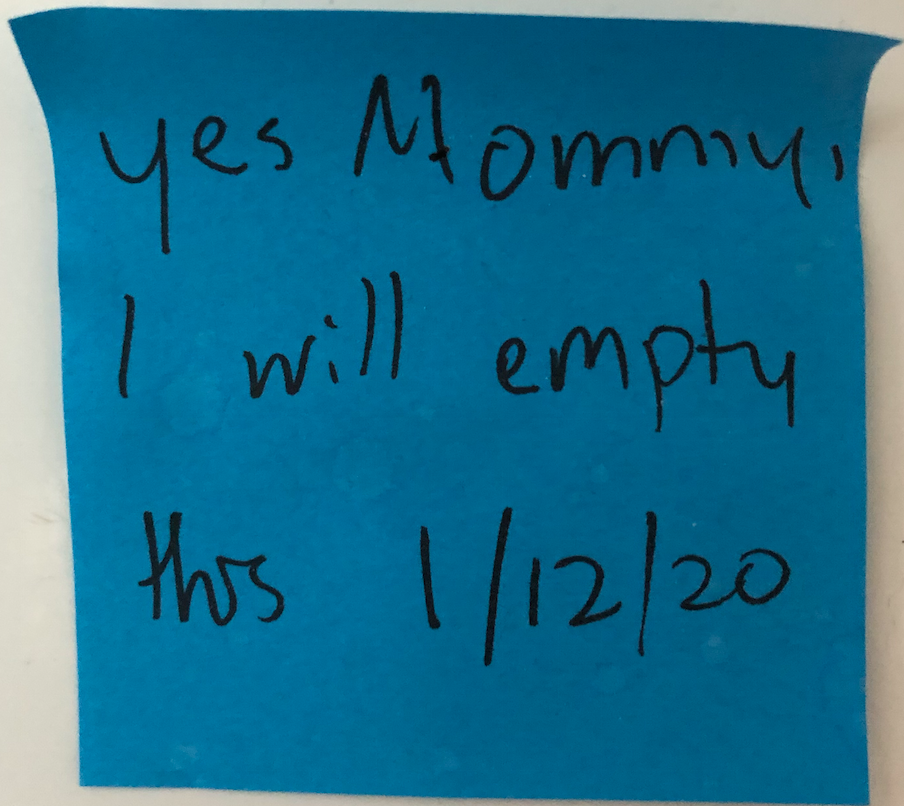The North Star is always there. . . .
As we are heading into uncharted territory, and I’m talking to friends, groups of parents, and myself - this quote keeps coming up for me as it pertains to HOW we are supposed to parent these days.
Because, although you steer by the North Star, when you have lost the bearings of your compass, you nevertheless must steer in a pathway on the sea, -- you are not bound for the North Star.
Woodrow Wilson
The phrase, non-anxious presence comes from the incredible and much recommended, under-lined, and quoted book Self-Driven Child, Chapter 4 - “The Non Anxious Presence”. Here’s a choice quote, “When we can be a non anxious presence for our children, we do a world of good-just by not freaking out.” In a nutshell we can be enjoying our kids (instead of fixing them up and improving them), remembering that worry is not love and fearing the future does not keep us (or our kids) safe, commit to our own stress management practice a nonjudgmental acceptance (and this is truly a practice - over and over we will need to keep practicing nonjudgmental acceptance).
This idea of a non-anxious presence really does become our North Star - we are never going to get there, AND it will guide us. Here are THREE concrete things to do that can help us focus and keep moving in the right direction for us and our kids.
Worry Time: Create a formal worry time & use a pen and paper. As someone who has had anxiety all their life I’ve learned a fair share of how we can tame it. This one is a real winner. Decide that from 5 - 5:20pm you will actively worry. Get a journal out and write it down. We all resist this part and the writing down is where the magic unfolds. Sometimes when we write it down we can identify our panic, sometimes we see there is some action we can take. When we write it down we can go back and look later at all the terrible things that never happened.
Circle of Compassion: Pick 2-3 people to be your circle of compassion, your safety net, your crazy-town fears and anxiety and let them hold you with their compassion. With everyone else, bring your more rational self to the table. Resist the urge to text a bunch of friends, “I can’t stand this!” or “What the actual ******?” (this is the one I sent for about 10 days straight, every morning, to a bunch of people, it didn’t help). This will help us practice suppressing our anxiety (NOT repressing, we don’t want to REPRESS and pretend like it’s not there). Suppressing strong emotions is a pre-frontal cortex task. We are going to address these emotions with our circle of compassion or our formal worry time, and for right now we are going to get back to work, finish the load of laundry, or delight in another inane Tik-Tok our child is sharing with us.
Media Diet: This is a repeat from last week, it bears repeating, Brene Brown says it really well. “I allow myself a 30-minute Covid-19 update from a reliable news source every day but other than that, I work hard to add calm to my life. As someone who has studied human nature for 25 years, I wasn’t completely shocked to see that “Contagion” [a 2011 film about a lethal airborne virus that spreads across the world] was recently trending as the top film on Apple’s iTunes, but we need to recognize that the things we watch have the power to pour gasoline on our anxiety. We have to make the choice to step away from screens — now more than ever. Feelings of boredom are better for us than spending the whole day online driving ourselves to panic.” This is from a Wall Street Journal series called “How I Cope”.

















